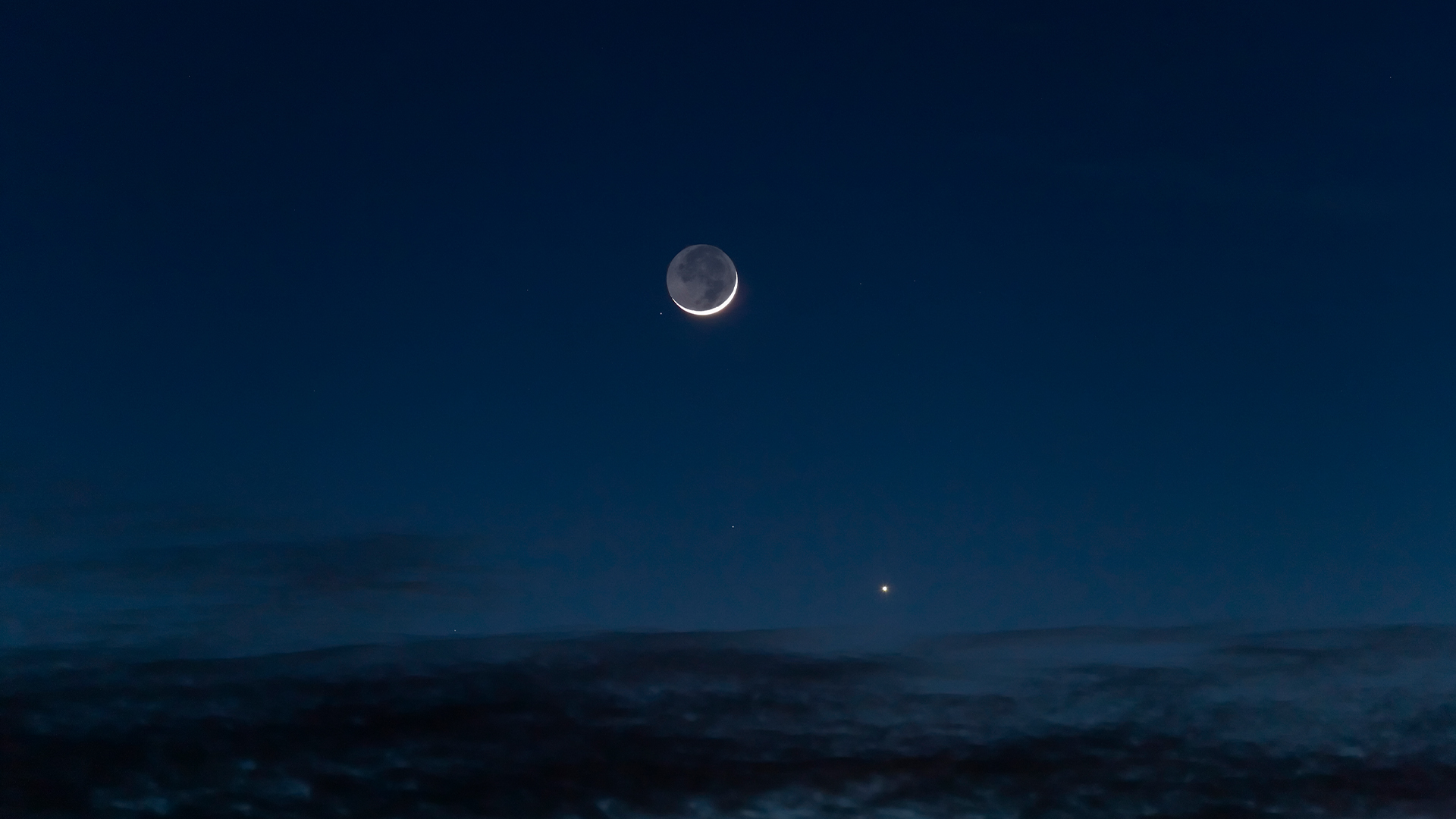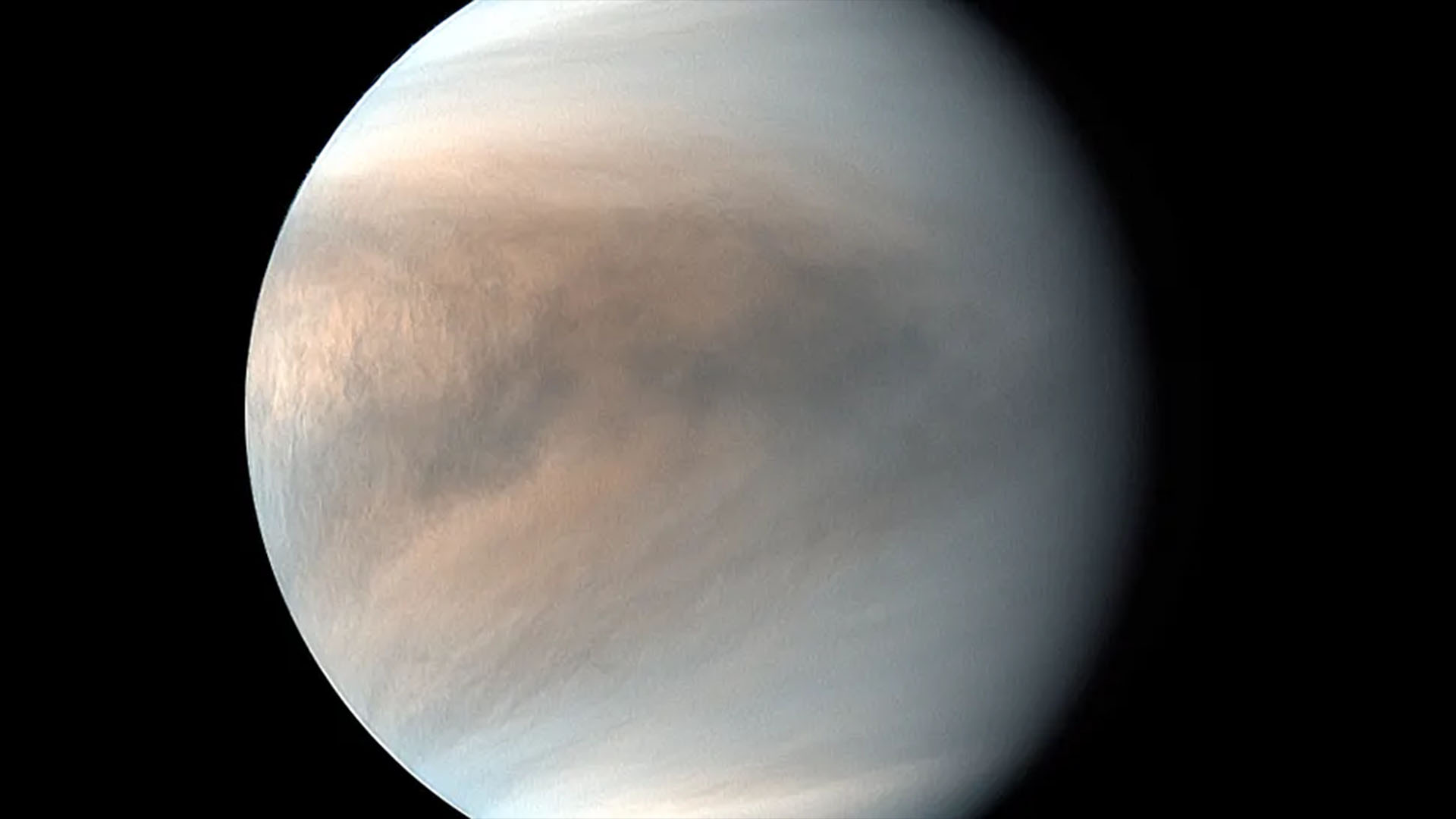Venus
Latest about Venus
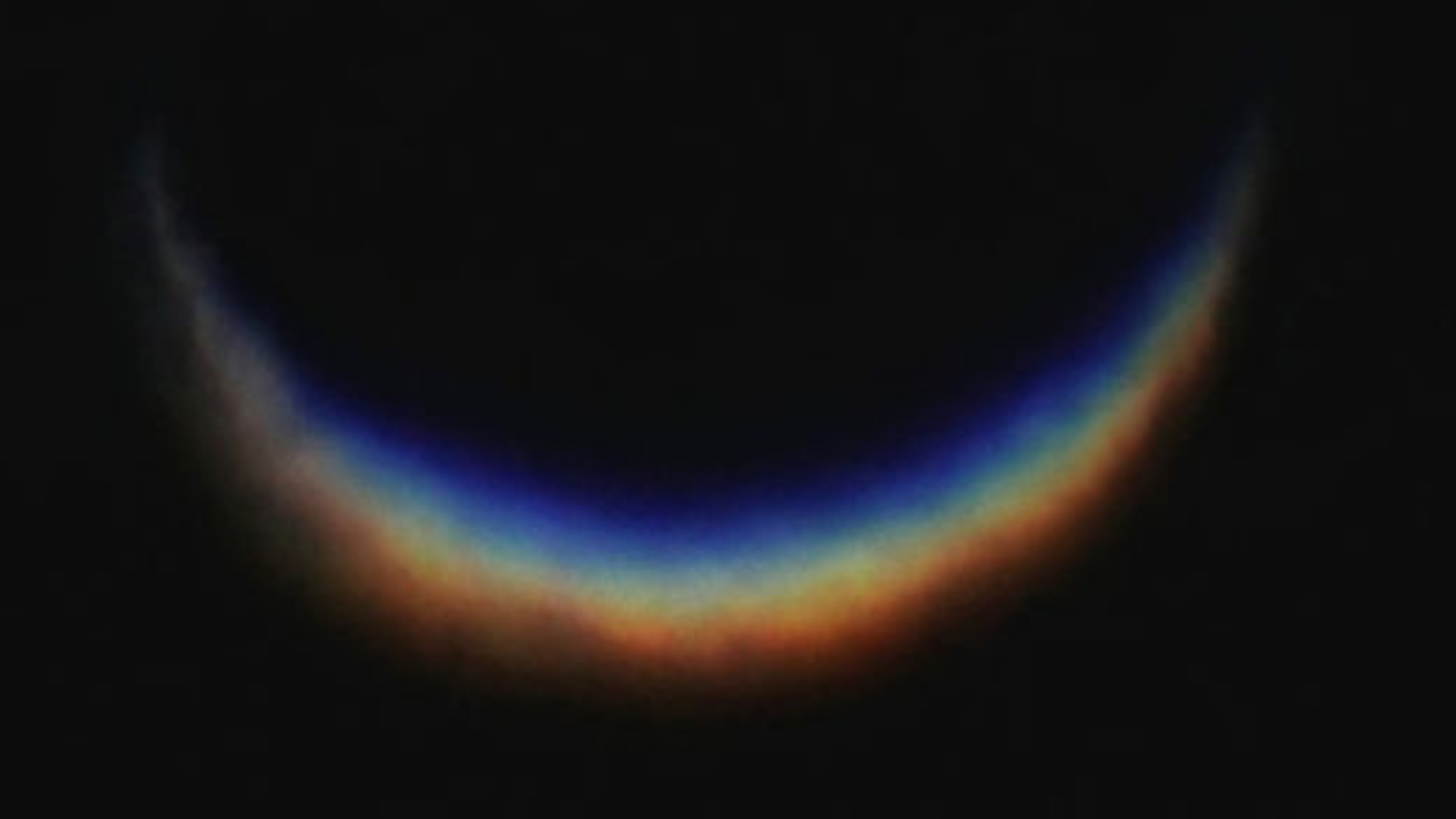
Venus goes 'new moon' as it passes between Earth and the sun this weekend
By Harry Baker published
As Venus approaches its inferior conjunction, astrophotographers have snapped some striking shots of the crescent planet looking like a giant rainbow in space.
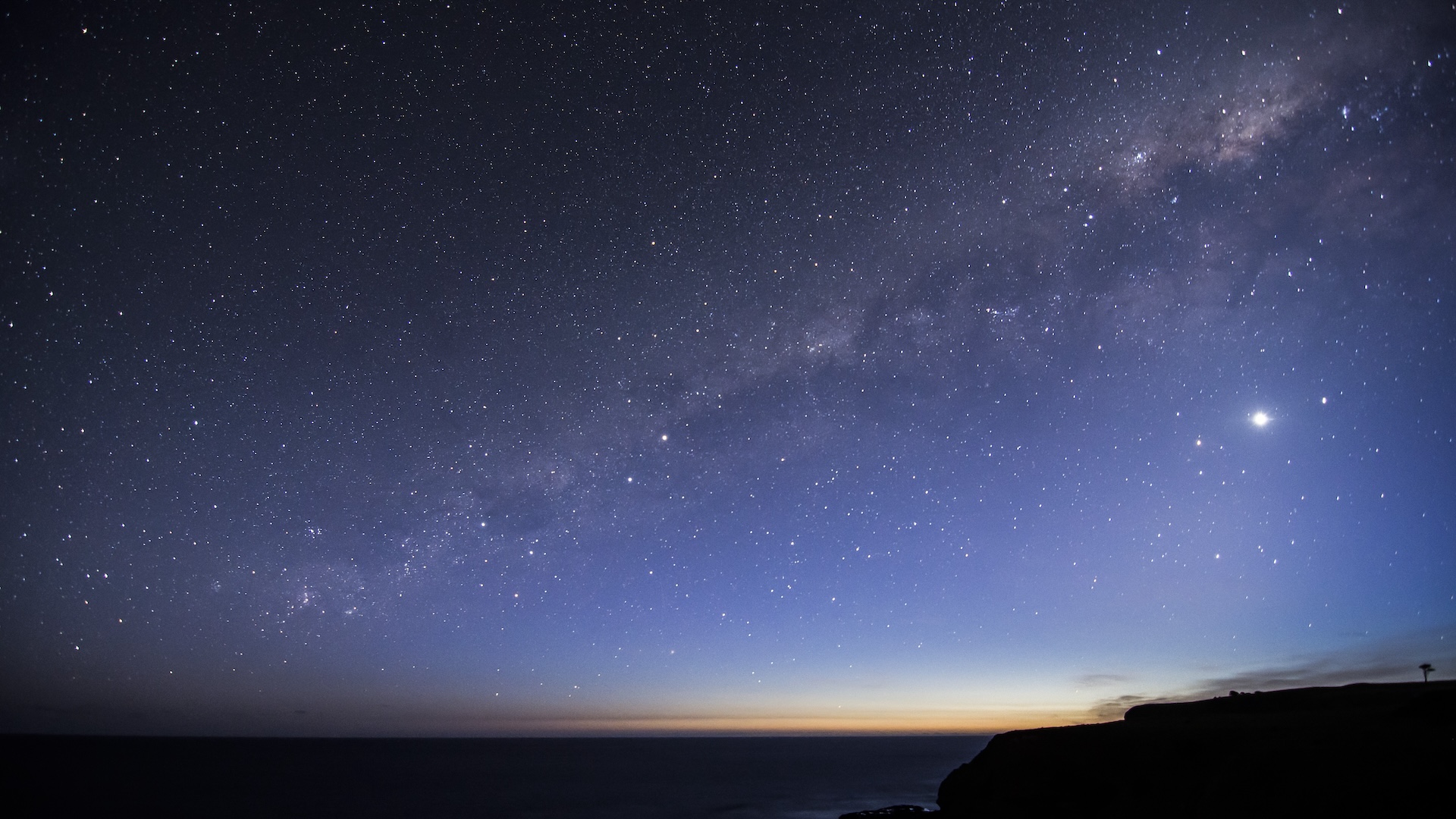
Venus, the 'love planet', will look extra special this Valentine's Day. Here's why.
By Jamie Carter published
In a cosmic coincidence, Venus — the planet named for the Roman goddess of love — will be at its brightest and best on Valentine's Day. Heres where and when to see it.
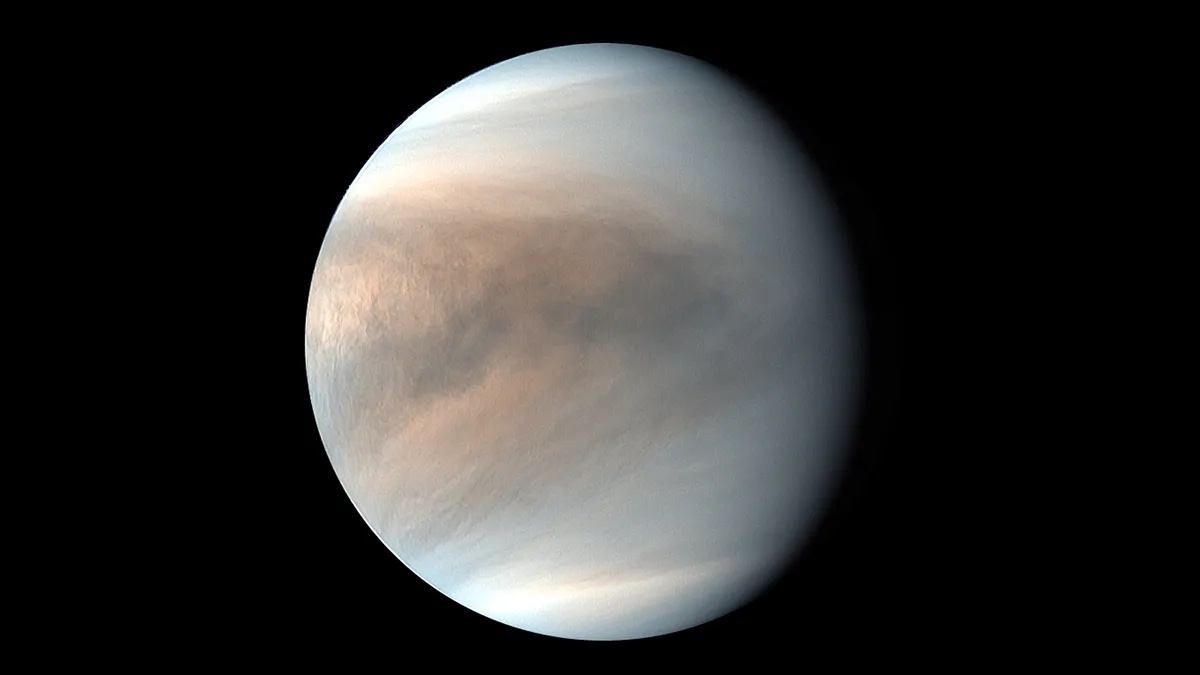
Japan loses contact with Akatsuki, humanity's only active Venus probe
By Andrew Jones published
Japan has lost contact with its Akatsuki probe, the only spacecraft currently in orbit around Venus.
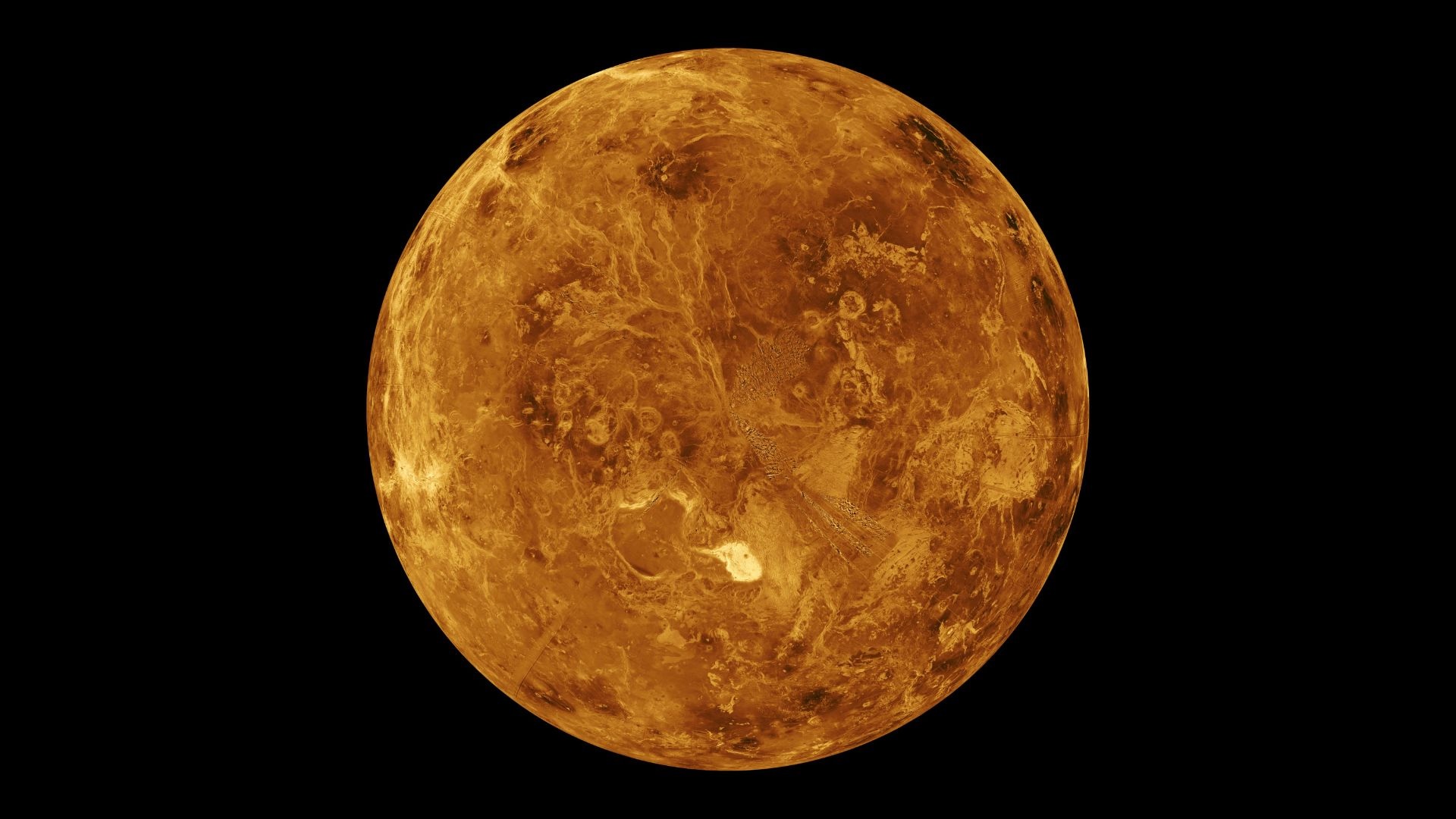
Molecule responsible for robbing Venus of its water may finally have been identified
By Sharmila Kuthunur published
A new water loss mechanism on Venus explains how the planet lost all its water, turning the planet from a potentially habitable world into the parched hellscape we know today.
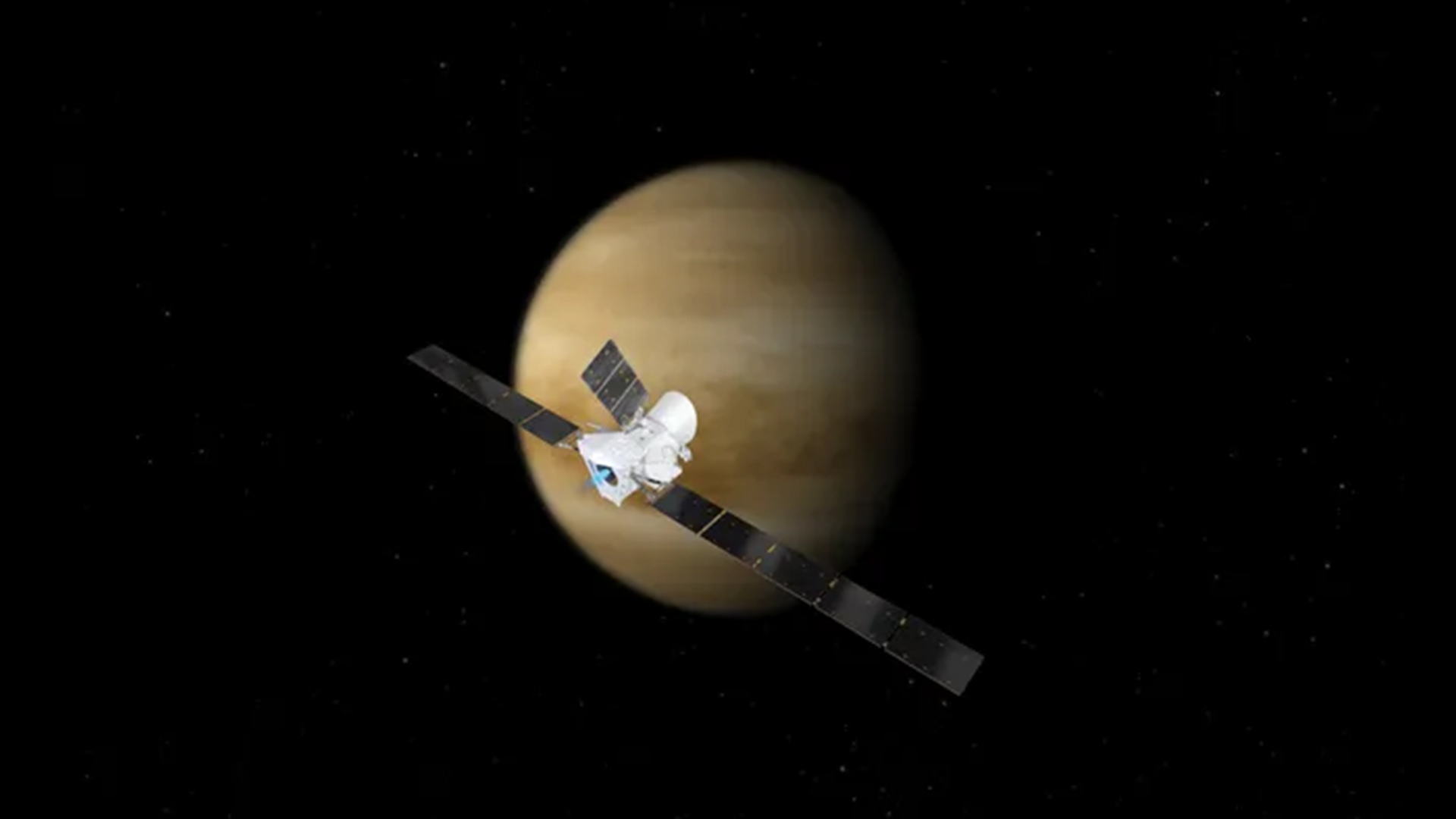
Venus is leaking carbon and oxygen, and scientists aren't totally sure why
By Sharmila Kuthunur published
Observations of Venus taken with the BepiColombo space probe show that our cosmic neighbor is leaking significant amounts of carbon and oxygen from its atmosphere, and researchers can't totally explain why.
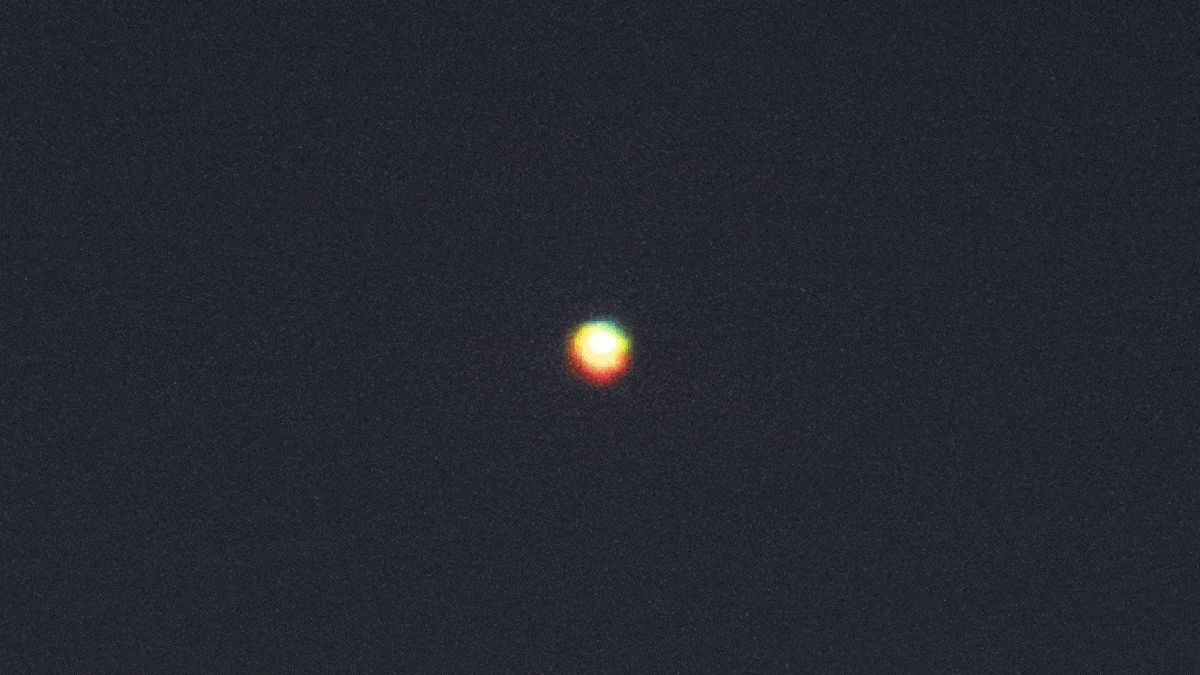
Photographer snaps extremely rare 'green flash' coming from Venus
By Harry Baker published
A brief flash of green light was recently spotted coming from Venus in the night sky. The colorful shimmer has only been seen a handful of times before.
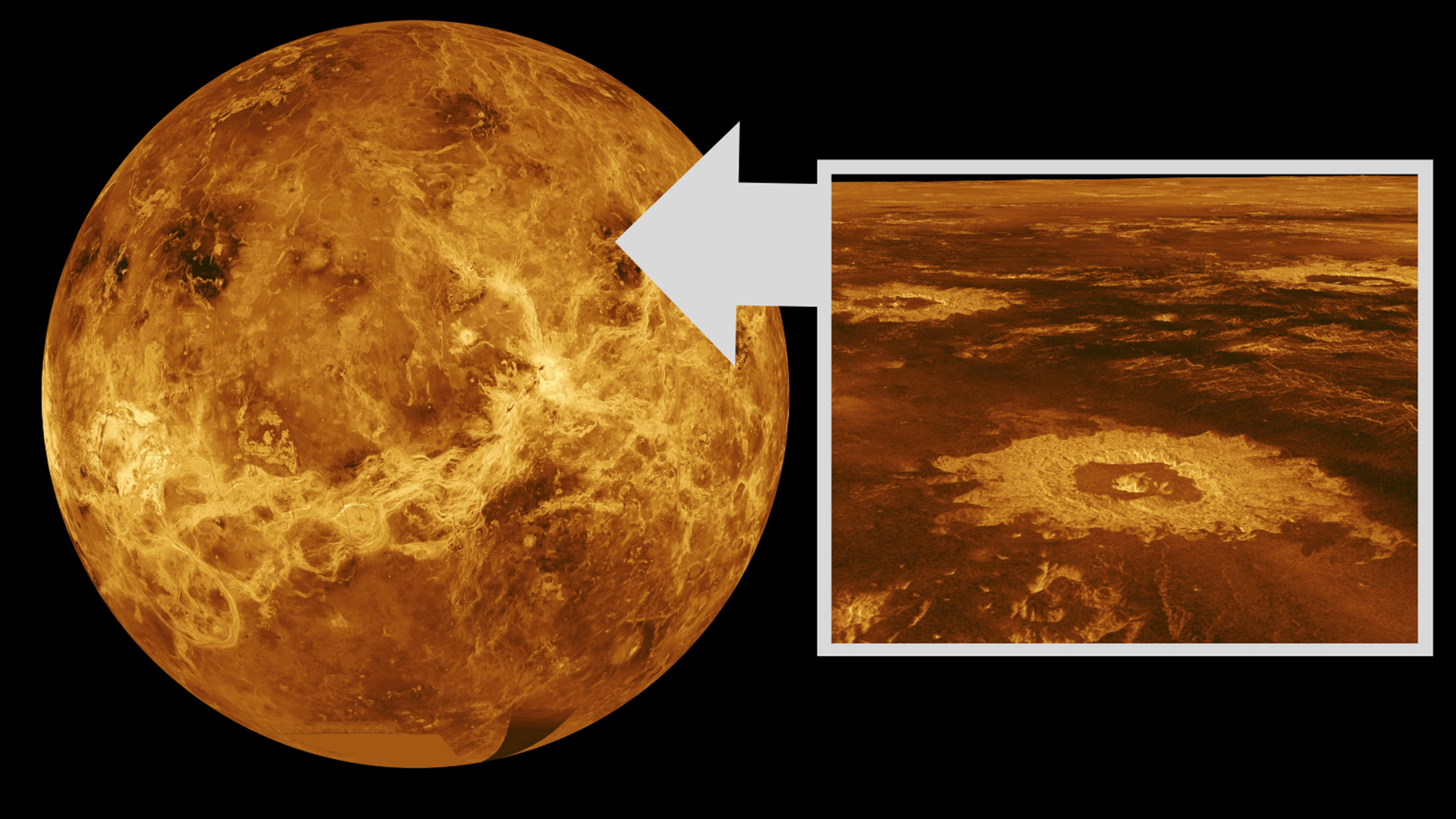
Wispy ice clouds may form above Venus' hellish surface
By Robert Lea published
The surface of Venus is a hellscape with temperatures hot enough to melt lead, but some regions of its atmosphere high over the surface remain cool enough to harbor ice and birth ghostly clouds.
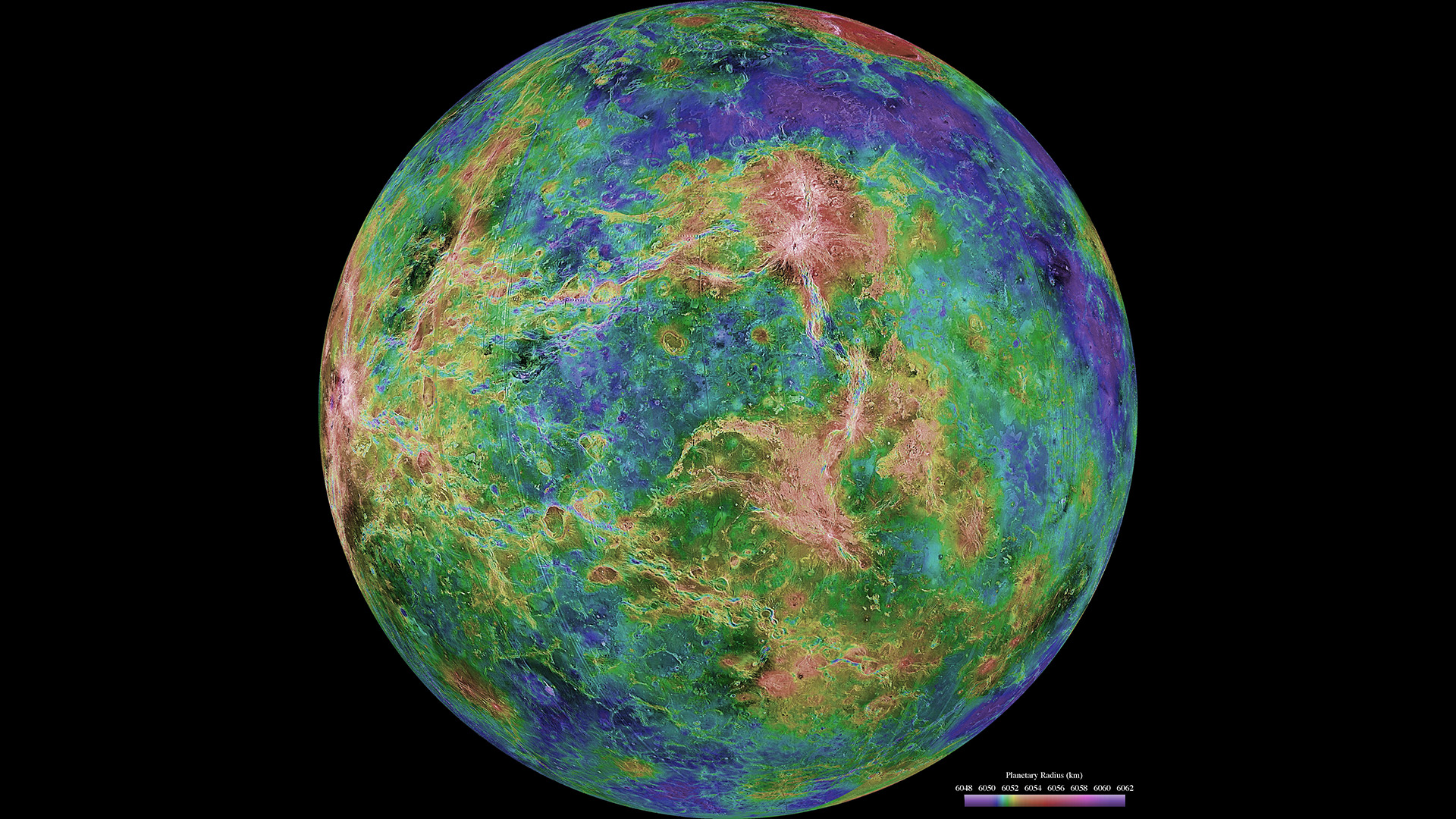
Oxygen detected in Venus' hellish atmosphere
By Joanna Thompson published
In a first, researchers discovered oxygen atoms on the dayside and nightside of Venus' atmosphere.
Sign up for the Live Science daily newsletter now
Get the world’s most fascinating discoveries delivered straight to your inbox.
